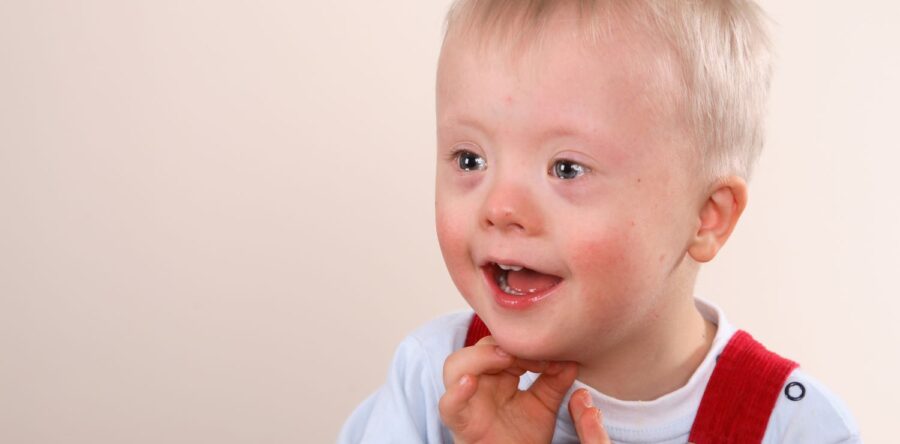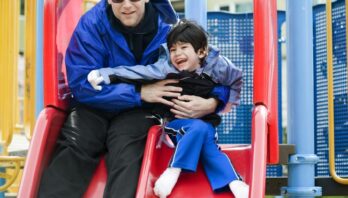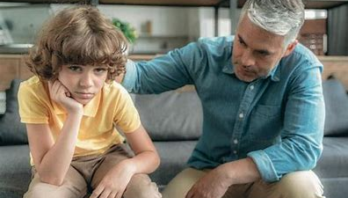Written by Emily Yisa, Disability Services/Educator/Holistic Healing & Sophie Benitez, Disability Services Trainer and Educator
Holidays, for many people, are a fun time of year. Holidays are something that a lot of us look forward to, despite the often-added chaos and stress that comes with them. However, it is important to recognize that while the holidays are joyous and fun, it can also be a time of increased risk for children/youth with and without disabilities to experience abuse/neglect.
Children/youth with disabilities are already at higher risk for experiencing abuse than those without disabilities. This is due to factors including:
- being more isolated within schools (e.g., self-contained classrooms) and in the community (e.g., living in a group home or state supported living center);
- communication difficulties and barriers;
- lack of boundaries and physical privacy (e.g., if they require a caregiver to provide physical care); and
- a lack of sexuality education.
During the holidays risk for children with disabilities experiencing abuse/neglect can increase. And, unfortunately children/youth are 90% more likely to experience abuse from someone they know.[i] Approximately 80% of child sexual abuse happens in situations where there is one child and one adult and 30% of all child sexual abuse is perpetrated by other children/youth.[ii]
Factors that increase the risk for child abuse during the holidays
Next we’ll outline several things that can contribute to increased risk of child abuse during the holidays (in no particular order). We want to point out that these factors are not disability-specific and are general factors that can contribute to risk of child abuse.
- Family members and friends tend to come over more often (if you remember the statistic above, these familiar people may be potential perpetrators).
- Parents may be busier and have less time to attend moment by moment to their children.
- During family/friend gatherings there may be increased drug and alcohol use, which can be associated with child abuse.
- For families with few resources, finances may cause additional stress during the holiday season[iii]
- Routines are different than normal, which may cause additional stress or chaos.
Things you can do to help keep your child safer
What are some things you can do to help keep children safer? There are several things that we want to share—as you are preparing for a safer holiday season.
Talk with your child about boundaries and that their body is their own and no one (not even family) can or should touch their body without their permission.[iv] Often during family gatherings children may feel pressure or even be encouraged to hug or kiss relatives despite feeling uncomfortable. Assure your child that it is okay to say “no” to hugs and kisses from anyone, including family members. You can practice modeling consent with your child by remembering to ask them if they want a hug, for example.
It is important for all children, and particularly children with disabilities, to know what to expect beforehand (if possible). Before family gatherings, have a talk with your child about who is coming to the event. You might even ask your child directly if they are uncomfortable with any of the people that are expected to be there. Consider talking to them about respect and appropriate/inappropriate behaviors and let them know if they see any behaviors of concern and/or feel at all uncomfortable to let you know it’s perfectly okay to say no if someone crosses a boundary or makes them uncomfortable (e.g., you can give real life examples of inappropriate/unsafe behaviors like sharing private parts or showing pictures of private parts).i
Consider deciding on a code word or phrase that your child or young person can say to you – that will signal something is not okay. You can respond by telling your child they need to stay with you or give them a chore close to you or some other instruction that keeps them in your line of vision or in a group setting with other family/friends that will stay observant. For example, a code phrase could be something like, ‘Can I help with anything?’
Limit alone time. Often, child sexual abuse occurs in a one-on-one setting (the child with one adult). Stay mindful of the various activities planned and incorporate group activities. If you need to leave your child alone with an adult or babysitter, tell the adult that you may be stopping in to check on them.iv
Be aware. If you see something that doesn’t look quite right or ‘off’, don’t disregard it. Child abuse does often happen from people the child knows and should be able to trust.
Tips for responding to disclosures of abuse
What can you do if a child with a disability discloses abuse to you? You can find tips about responding to disclosures of abuse here on the website. If the child is in immediate danger, call 911. Ensure that the child has access to medical attention as needed.
Mandated Reporters
Any person with reasonable cause to believe a child or an adult with disabilities is being abused, exploited, or neglected is mandated to report according to Texas laws. You do not need evidence that abuse is occurring. It is up to investigators to look into your suspicion of abuse. If you are in Texas you can report abuse by calling 1-800-252-5400 or going online to https://www.txabusehotline.org
To learn more about your state’s laws on reporting, you can go to this site: https://www.childwelfare.gov/topics/systemwide/laws-policies/state/
[i] Sexual Abuse Doesn’t Take a Break During the Holidays – The Mama Bear Effect. (n.d.). https://themamabeareffect.org/sexual-abuse-doesnt-take-a-break-during-the-holidays-and-heres-what-we-need-to-do-about-it/
[ii] Says, J. (2019, November 12). 10 ways to keep children safe from abuse this holiday season. Children’s Advocacy Center (CAC). https://cacjc.org/10-ways-to-keep-children-safe-from-abuse-this-holiday-season/
[iii] Does Child Abuse & Neglect Increase During Holidays? (2020, December 7). The Law Offices of Theodore J. Baker. https://www.tedbakerlaw.com/child-abuse-neglect-holidays/
[iv] Light, D. to. (2019, December 20). Keeping Kids Safe During the Holidays. Darkness to Light. https://www.d2l.org/keeping-kids-safe-during-the-holidays






